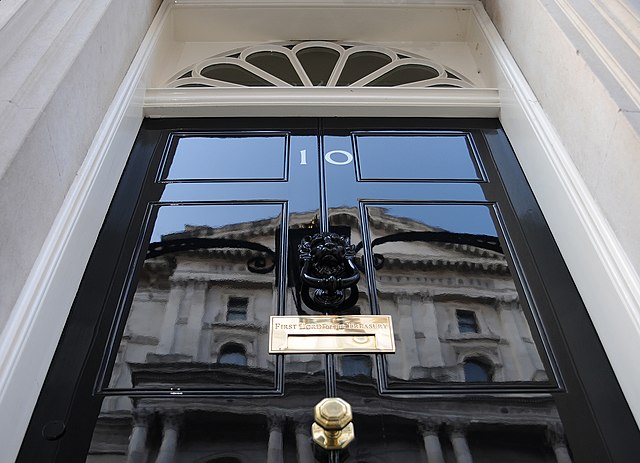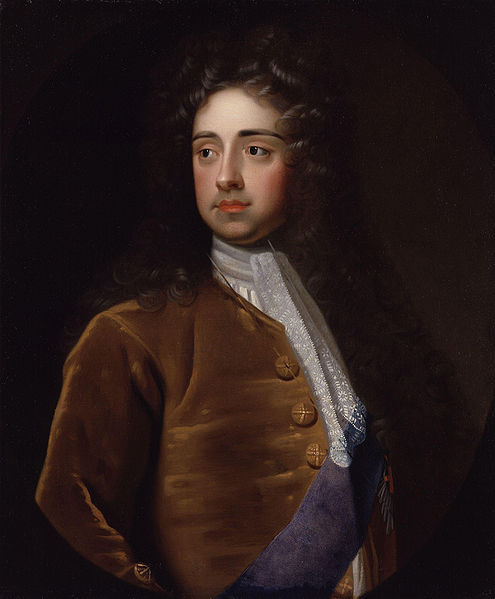Infinite photos and videos for every Wiki article ·
Find something interesting to watch in seconds
Orders and Medals
Rare Coins
Celebrities
Best Campuses
World Banknotes
Ancient Marvels
Supercars
Largest Empires
Sports
Great Cities
Presidents
Largest Palaces
Wars and Battles
Recovered Treasures
Great Artists
British Monarchs
Crown Jewels
Famous Castles
Richest US Counties
Countries of the World
Animals
History by Country
Wonders of Nature
Great Museums
Tallest Buildings
Kings of France
more top lists



